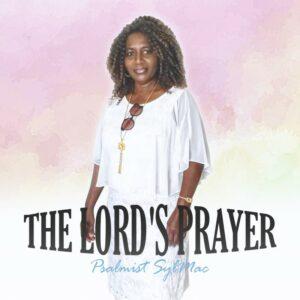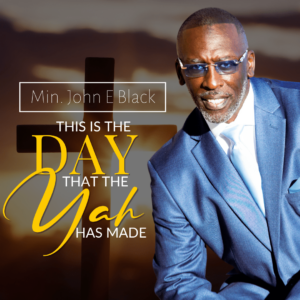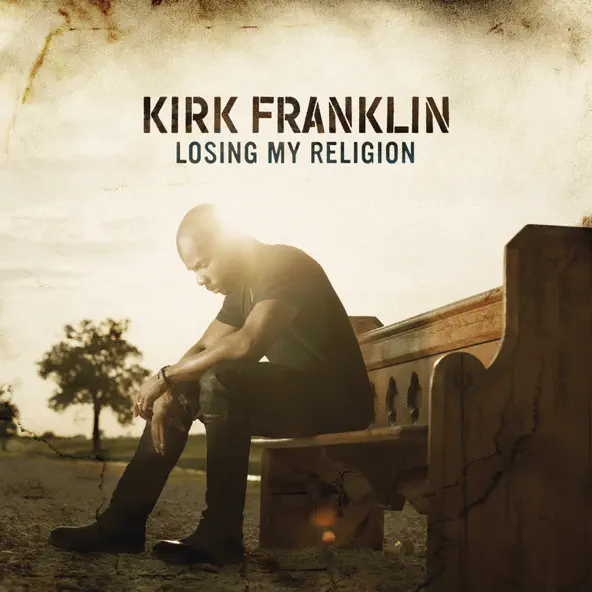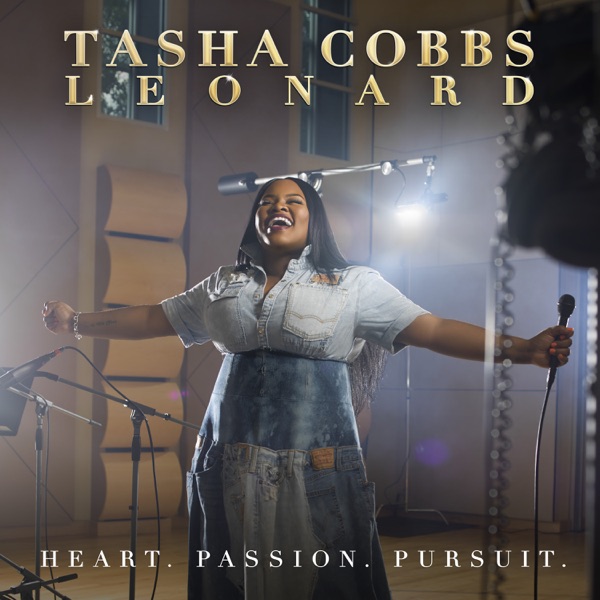
Gospel music has a rich history and a dedicated fan base, but many gospel recording artists may want to expand their reach to a broader audience. Writing and recording music that appeals to fans of other genres of mainstream music can be a challenging task, but it is not impossible. In this article, we will explore some strategies that gospel recording artists can use to create music that reaches a broader listening audience.
Understanding the Target Audience
The first step to writing and recording music that appeals to a broader audience is to understand who that audience is. It is essential to research and study the trends, tastes, and preferences of the target audience. Gospel recording artists should pay attention to the type of music that is popular in other genres and understand the themes and lyrics that resonate with those audiences.
For example, if the target audience is fans of pop music, gospel recording artists should listen to the top songs in that genre and analyze the elements that make those songs popular. They should pay attention to the lyrics, melody, beat, and production and think about how they can incorporate those elements into their own music.
Blending Different Genres
One way to create music that appeals to a broader audience is to blend different genres. Gospel music has a unique sound and style that sets it apart from other genres, but incorporating elements from other genres can make the music more accessible to fans of those genres.
For example, gospel recording artists can blend elements of R&B, soul, hip hop, and pop into their music. They can incorporate modern beats, electronic instruments, and production techniques to create a contemporary sound that appeals to younger audiences. They can also experiment with different tempos, chord progressions, and arrangements to create a unique sound that combines different genres.
Lyrics that Resonate with Different Audiences
Another way to create music that appeals to a broader audience is to write lyrics that resonate with different audiences. Gospel music often focuses on faith, hope, and redemption, which are universal themes that can appeal to people of different backgrounds and beliefs.
However, gospel recording artists can also write lyrics that touch on other themes, such as love, relationships, social issues, and personal struggles. They can incorporate personal stories, metaphors, and imagery to create a deeper emotional connection with listeners.
For example, gospel recording artist Kirk Franklin has written songs that touch on a range of themes, from love and family to social issues and personal struggles. His song "Wanna Be Happy?" deals with the topic of happiness and finding joy in life, a theme that can resonate with audiences beyond the gospel music genre.
Collaborating with Artists from Different Genres
Another way to create music that reaches a broader audience is to collaborate with artists from different genres. Collaborations can expose gospel recording artists to new audiences and create opportunities for cross-promotion and marketing.
For example, gospel recording artist Tasha Cobbs Leonard collaborated with rapper Nicki Minaj on the song "I'm Getting Ready." The collaboration introduced Tasha Cobbs Leonard's music to a new audience and helped her reach the top of the Billboard charts.
Similarly, gospel recording artist Kirk Franklin collaborated with rapper Kanye West on the song "Ultralight Beam." The collaboration helped Kirk Franklin reach a new audience and introduced his music to fans of hip hop and R&B.
Marketing and Promotion
Creating music that appeals to a broader audience is only half the battle. Gospel recording artists also need to market and promote their music effectively to reach that audience.
One way to promote music is through social media platforms such as Facebook, Twitter, and Instagram. Gospel recording artists can use these platforms to connect with fans, share music videos, behind-the-scenes footage, and tour updates. They can also collaborate with influencers and bloggers to promote their music and reach a broader audience.
Another effective way to promote music is through live performances. Gospel recording artists can perform at music festivals, concerts, and events that attract a broader audience. They can also collaborate with artists from different genres and participate in joint tours.
Creating engaging and visually appealing music videos is also a great way to promote music. Music videos can be shared on social media and video-sharing platforms like YouTube, and they can help introduce the music to new audiences.
Conclusion
In conclusion, gospel recording artists can write and record music that appeals to a broader audience by understanding the target audience, blending different genres, writing lyrics that resonate with different audiences, collaborating with artists from different genres, and marketing and promoting their music effectively.
Creating music that reaches a broader audience requires creativity, innovation, and an open mind. It requires gospel recording artists to step outside their comfort zones and experiment with new sounds, styles, and themes. With the right approach and strategy, gospel recording artists can create music that not only inspires and uplifts but also reaches a broader listening audience in other genres of mainstream music.
This post contains affiliate links, meaning we may earn a commission if you make a purchase through our links, at no extra cost to you. Your contribution helps sustain our blogging and supports our efforts to provide informative and valuable information. Even though Devine Jamz Gospel Network receives compensation for our posts or advertisements, we always give our honest opinions, findings, beliefs, or experiences on those topics or products. The views and opinions expressed on this website are purely of Devine Jamz Gospel Network. Any product claim, statistic, quote or other representation about a product or service should be verified with the manufacturer, provider or party in question.
Related Posts:
 Psalmist SylMac Uplifts Souls with Her New Release “The Lord’s Prayer”
Psalmist SylMac Uplifts Souls with Her New Release “The Lord’s Prayer”
 “This Is the Day that the Yah Has Made” – by Minister John E. Black
“This Is the Day that the Yah Has Made” – by Minister John E. Black
 Understanding the Role of Social Media in Gospel Music Marketing
Understanding the Role of Social Media in Gospel Music Marketing
 Interview with “Mariah.” on Her New Release ‘Maybe’
Interview with “Mariah.” on Her New Release ‘Maybe’
 Why Recording Artists Need a Website for Control, Exposure, and Revenue
Why Recording Artists Need a Website for Control, Exposure, and Revenue
 8 Ways To Promote Gospel Music Free
8 Ways To Promote Gospel Music Free
 Klipht0n’s New Single ‘I Shall Leap’ is a Declaration of Faith
Klipht0n’s New Single ‘I Shall Leap’ is a Declaration of Faith
 How To Use Search Engines To Market Music
How To Use Search Engines To Market Music



